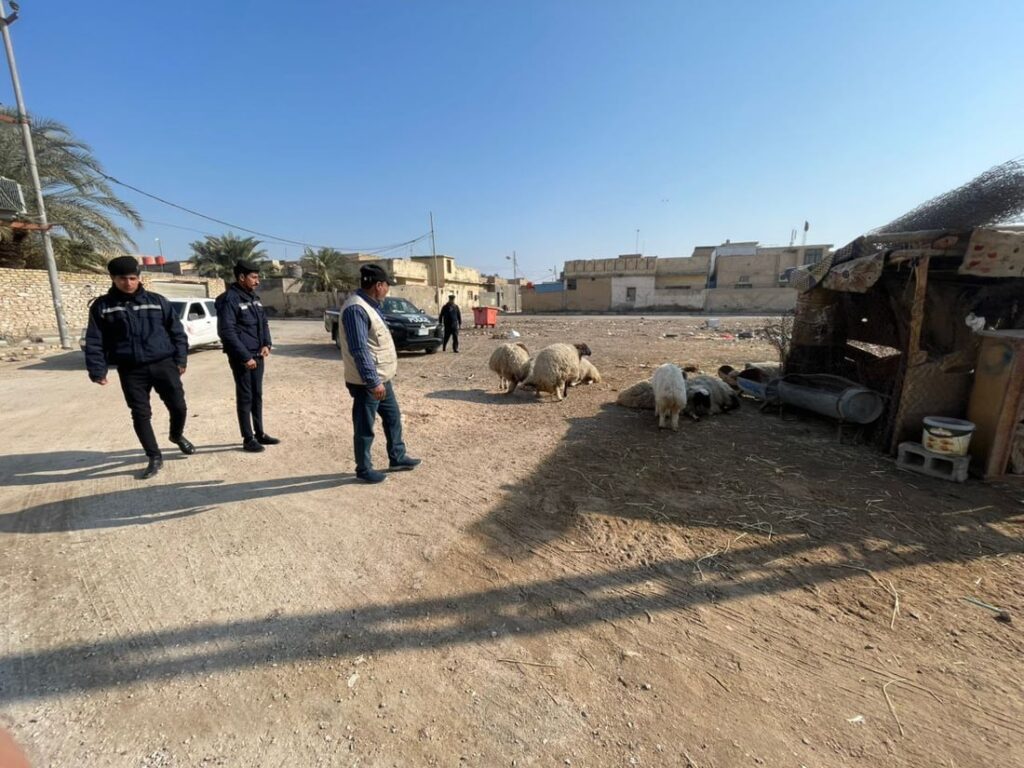Iranian clerics keep shrines open, even as virus spreads

Shiite shrines that attract tens of millions of visitors annually have come under focus in Iran as the country grapples with the spread of the coronavirus.
The outbreak of the virus in Iran prompted the government to request the closure of major shrines in cities like Qom, Mashhad and Shiraz, but Iran's powerful clerics have rejected or ignored the notices.
The decision to keep the shrines open shows the power of Iran's religious establishment and the Shiite theocracy's approach to the widening crisis.
While the government has suspended school across much of Iran this week and canceled soccer matches and screenings at cinemas, the continued access to the shrines has raised questions about the government's willingness to respond decisively and rapidly to the virus, which has infected people in several cities and been confirmed in travelers from Iran in eight countries.
On Tuesday, a government official repeated a request for the shrines to be closed.
"At the moment we absolutely support the temporary closure of any type of human gathering, including tourist areas and pilgrimage sites," Iranian Health Ministry spokesman Kianoush Jahanpour told The Associated Press.
The shrines, housed in gloriously built mosques, attract not just daily worshipers but also millions of visitors each year who touch or kiss the tombs' protective bars. The virus is believed to be spread through droplets when people cough or sneeze, although specialists don't think the virus can survive on surfaces for very long.
Iraqi authorities on Monday closed the gold-domed shrine of Imam Ali, the revered 7th century founder of the Shiite sect.
The rare move came after a 22-year-old Iranian student was confirmed positive for the virus in the city of Najaf, marking the first case in Iraq.
Iraqi health officials in masks and gloves disinfected the shrine, as pilgrims and clerics also in masks walked in the courtyard outside. Health workers also were seen in Najaf's old quarter, a maze of alleys and old homes, apparently going door to door to test classmates and neighbors of the infected student.
Nearby hotels for pilgrims were almost deserted after authorities closed the borders to Iranian nationals.
Iran has nearly 11,000 shrines for Shiite saints, with the most popular located in the northeastern cities of Mashhad and Qom.
The Imam Reza shrine in Mashhad is the largest complex housing a tomb in Iran and its most visited, drawing about 20 million people a year. Kuwait has reported that five travelers returning from Mashhad tested positive for the virus, but Iran has yet to confirm a single case in the city.
Ali Akbar Hosseininejads, a cleric in Qom, questioned why it was necessary to shut the shrines.
"Closing shrines carries a bitter message. Here is a sanctuary for people, and people seated in a corner of the shrine will cause no problem," he was quoted in the official IRNA news agency saying on Saturday.
He added that foreigners, mainly from Pakistan and India, had a larger presence at the shrine in Qom than Iranians.
Another cleric and head of the shrine, Mohammad Saeedi, said the spread of the virus in Qom was exaggerated. "The enemy wants to spread fear in the hearts and portray Qom as an unsecured city," he said.
Religious seminaries and schools in Qom were closed last week to prevent the spread of the virus after the first confirmed cases in Iran were reported there. The religious schools in Qom attract Shiites from across Iran, Pakistan, Iraq, Bahrain and other countries, but so too does the holy city's shrine of Fatima Masumeh, which has remained open and is disinfected daily.
The Health Ministry said 15 people in Iran have died out of 95 people infected nationwide.

